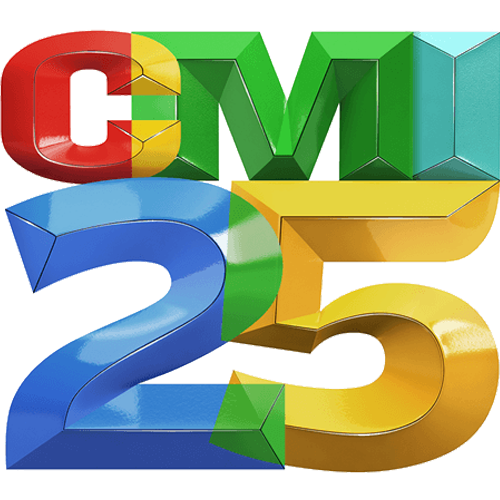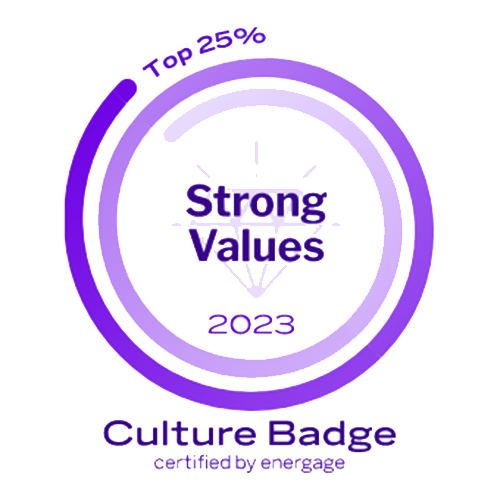This article is our final in a series about hybrid events. In our last post, we discussed the different types of hybrid events. Today we’ll be examining the impact of mobile conference apps and event tech.
Hybrid events blend modern tech and traditional experiences to provide audiences with the best of both worlds. Mobile conference apps are an integral part of an event’s digital infrastructure, which includes key solutions for your event tech stack.
Your event tech stack may call for more than one app, depending on your particular event needs. Let’s discuss the advantages of integrating mobile features into your next hybrid conference.
An All-In-One App Solution
An all-in-one mobile platform can support an array of event services, including registration, video streaming, custom agendas, attendee directories, one-on-one scheduling, sponsor exhibits, IT chat, live polling, social feeds, and more. Better yet, an event app makes it easy to serve both in-person and virtual attendees at once.
The real question is not whether you should integrate apps into your events. By now the benefits should be obvious. Instead, you must determine which platform is right for you. Not all programs are created equal; many specialize in specific meeting types, like paid events, networking events, public events, and so on.
The robust offerings in these platforms may also demand equally sizable costs, even if some features are provided à la carte. Depending on the type of event you wish to host, an all-in-one platform may not be the best option. For instance, you may decide the networking potential of one app doesn’t match that of another, even if it serves other areas well. If networking is the main draw of your event, it might be wise to go with a specialized app rather than a do-it-all platform.
An Assembled Stack of Event Apps
If you plan on hosting a variety of meetings and events, assembling a stack of event tech may be the right solution. This allows you to choose applications that best serve your needs on a case-by-case basis. Many apps offer APIs that allow different programs to work in tandem, but this can result in added complexity, requiring more effort in planning. On the positive side, assembling your stack in this manner may prompt event owners to lower costs since they won’t be tied to a single provider.
Going Mobile
A successful hybrid event needs an app that can serve as an ever-present pocket companion. By keeping on-site and remote attendees connected and engaged with one another, an app can help bridge the divide between audiences. Additionally, apps can establish parity among key event features, particularly when it comes to interactive content.
Key Event App Features
- Push notifications: Message alerts allow you to instantly notify attendees with important information and interactive prompts.
- Attendee directory: Both live and virtual attendees can have their profiles added to an intuitive digital directory.
- Agenda: A detailed schedule lists room locations for on-site attendees and provides web links for virtual viewers. Additionally, the agenda can host surveys, polls, and Q&As.
- Activity feed: A private social media channel allows attendees to share photos, post comments, and join group conversations.
There’s a lot to be said about hybrid events and the direction of the event industry in general. Speculation abounds, and some level of uncertainty will linger for the time being. But one thing is clear: hybrid events are here to stay.
When the best aspects of in-person and virtual events are brought together, the possibilities are truly endless. Technology enables us to reach larger audiences than ever before. Despite the distance among attendees, they continue to build even stronger connections. Hybrid events have the power to bring people together, whether they share the same room or live a continent apart.
Want to Learn How to Build Out Your Event Stack?
Reach out to Unbridled, and let’s tackle it together. We believe events are the best way to build connections, whether they’re hosted in person or online.











